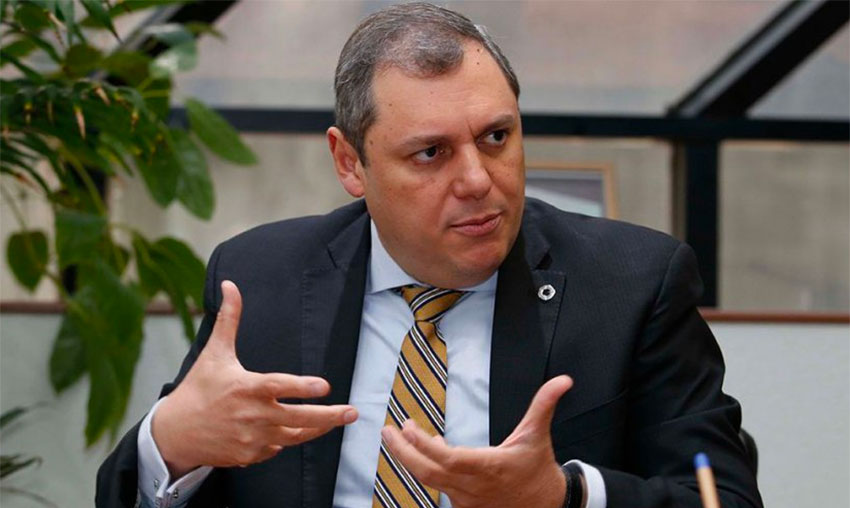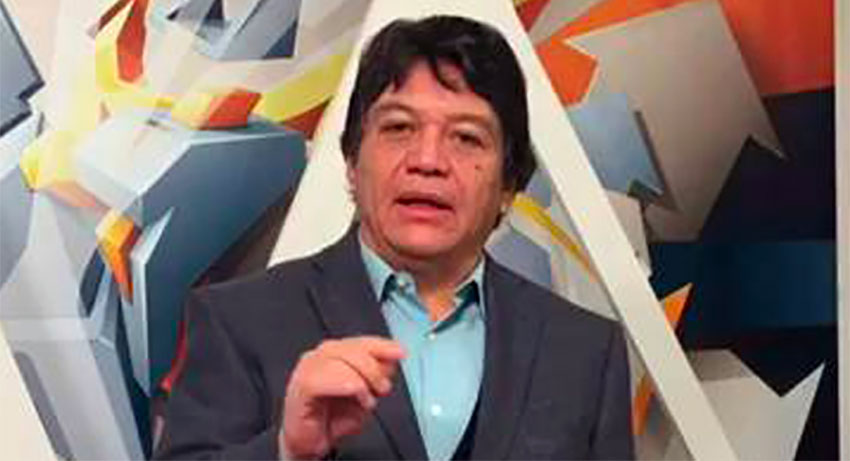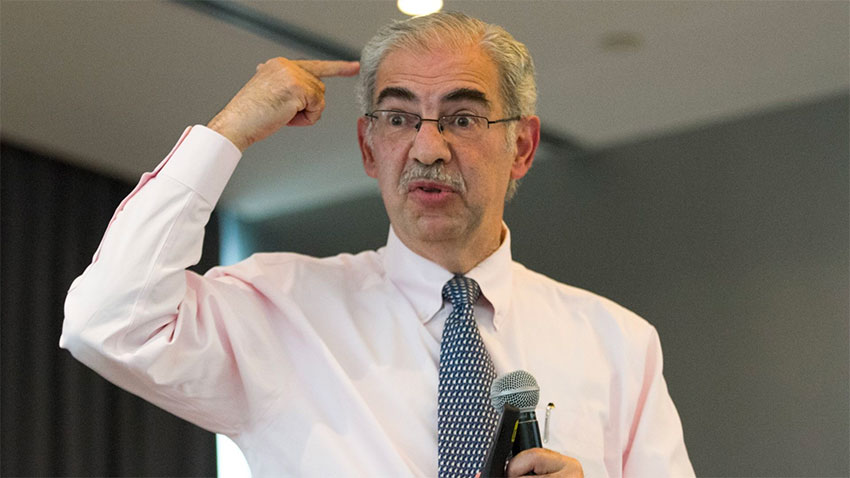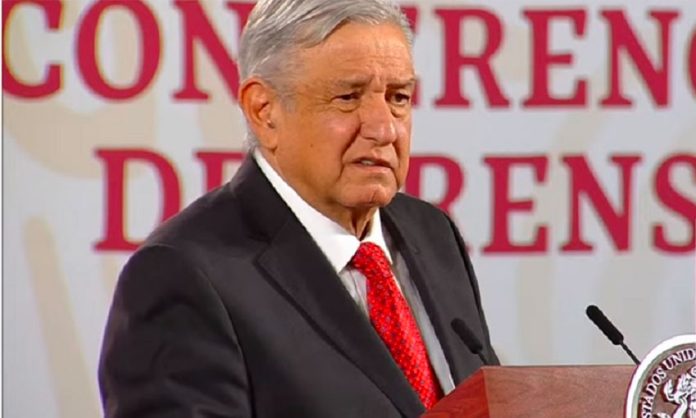Bookseller Martha Nava has so far managed to continue to pay the wages of her four staff as the coronavirus crisis wreaks havoc on the Mexican economy, thanks in part to a government loan — but millions of other workers across the country have not been so lucky.
Nava, who lives in Mexico City, sells books to schools and at literary fairs, all of which are shut because of Covid-19. With no pension and no other income, she was struggling to keep her business alive when the Mexican government offered her a 25,000-peso (US $1,150) loan.
“I said yes, obviously … it’s not enough, but it’s an incentive at least,” she said. “It won’t allow me to relax in a hammock but it’ll save me for a while.”
Like Nava, Yael Levy, who runs English schools in the central state of Guanajuato, said a government loan directed at microbusinesses was really too small for her needs. “Even 25,000 pesos is a help right now,” she said. “But if this drags on, we won’t be able to sustain the company.”
While other nations have passed big stimulus packages or offered tax breaks to help companies stay afloat and preserve jobs, President López Obrador’s main response has been to offer loans to microbusiness owners such as Nava and Levy. Larger companies have been ignored.

The government is offering 4 million credits of varying types, to both formally employed Mexicans who pay taxes, and those in the informal economy. But none are bigger than 25,000 pesos and the government acknowledges that many small business owners have not applied because the loans are too small. In all, about 1.5 million credits have so far been granted.
The government assistance has done little to stem the tide of job losses: 12 million people dropped out of the labour force in April and now have no income, according to state statistics institute Inegi, while those still working on average suffered severe falls in wages.
Formal sector jobs fell by nearly 350,000 in May, according to data published on Friday, bringing to some 900,000 the number lost in the past two months.
The impact on affected households is likely to be devastating; Mexico has very little in the way of a welfare safety net. About 40% of people are poor, roughly half the population works in the informal sector with no benefits such as health insurance, and there is no unemployment pay even for those who lose formal jobs.
López Obrador maintains he will create 2 million jobs this year, which he says will replace jobs being lost, but the business community is sceptical.
Enoch Castellanos, head of Canacintra, which represents mostly small and midsized companies, said the loans could make a difference for informal workers “because they don’t pay taxes or social security contributions” but for companies in the formal economy “it’s not enough even to pay two workers for a month.” He said 94% of his members had not applied for them and he would have preferred to see 100,000 loans of 250,000 pesos instead.

As a result, Latin America’s second-biggest economy risks being among the worst-affected countries in the region in terms of the impact the crisis has on poverty levels, according to the UN; Mexico could see 17 million people living in extreme poverty, up from 11 million last year, and 49 million overall classed as poor, up from 42 million.
Coneval, the state agency measuring poverty, warned last month that 11 million people could be pushed into extreme poverty — defined as being unable to buy a monthly basket of food worth 1,632 pesos in urban areas. The Center for Educational and Social Studies, a think tank, said 11.5 million Mexicans were at risk of dropping out of the middle class.
Mexico has taken a “scattergun approach instead of a precision shot,” said Rogelio Gómez, co-ordinator of Citizens Action against Poverty, an advocacy group. “‘It’s better than nothing’ isn’t a public policy,” he said. “The state doesn’t do charity.”
He wants the government to launch a handout of 3,746 pesos a month for three months to those who lose their jobs — a measure that he and supporters say could help 35 million households.
Santiago Levy, a former deputy finance minister and social security institute (IMSS) chief, who was the main architect of a successful cash transfer scheme that López Obrador has replaced with his own social programs, said wage subsidies and credit guarantees would have “allow[ed] firms to get through the next months in reasonable shape without going bankrupt.”
Mexico has a $61-billion flexible credit line from the IMF, for which it pays $163 million a year even if it does not tap it. Some analysts said this could be used to pay for a larger economic stimulus package. “They should use the IMF loan to save jobs,” said Levy. “All they have to do is send an email.”

But López Obrador, who prides himself on never having had a credit card, prefers people to take on debt individually, rather than — as he sees it — mortgaging state finances for future generations to pay.
Mexico’s economy is widely forecast to shrink by about 8% this year, pushing up the country’s budget deficit. If it contracts by a worst-case scenario of 12%, Mexico’s public sector borrowing requirement would jump 15 points, from 44.7% of GDP last year, according to analysts at Spanish bank BBVA.
López Obrador claims that taking on debt is “the easy option” typical of the neoliberal policies of the past that he says were a failure. “We want to keep finances healthy, not to take on debt,” he said last month.
Levy said: “The human cost will be very, very large, with the permanent scars from this crisis much deeper than they could have been.”
© 2020 The Financial Times Ltd. All rights reserved. Please do not copy and paste FT articles and redistribute by email or post to the web.
